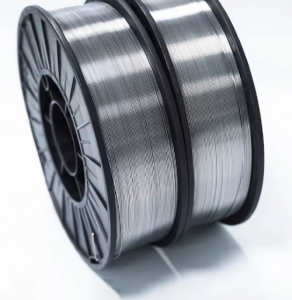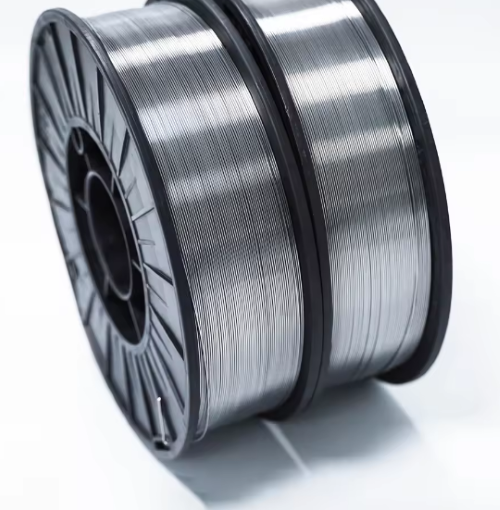Hafnium wire, known for its high melting point, excellent corrosion resistance, and neutron-absorbing capabilities, is utilized in a variety of high-tech and industrial applications. Here are the top uses of hafnium wires:

1. Nuclear Industry
Control Rods: One of the primary uses of hafnium wire is in the nuclear industry, specifically in the manufacturing of control rods for nuclear reactors. Hafnium’s excellent neutron absorption properties make it ideal for this application. The control rods are inserted into the reactor core to control the rate of fission reactions, ensuring the reactor operates safely and efficiently.
Related reading: Hafnium Wire In Nuclear Applications
2. Aerospace Industry
High-Temperature Alloys: Hafnium wire is critical in the aerospace sector due to its ability to withstand extreme temperatures and resist oxidation. It is used in the production of high-temperature alloys and superalloys, which are essential for the construction of components in jet engines and spacecraft. These alloys help maintain structural integrity and performance under harsh operating conditions.
3. Electronics and Semiconductor Industry
Gate Insulators: In the electronics and semiconductor industry, hafnium wire is used to produce gate insulators for integrated circuits (ICs). Hafnium dioxide (HfO2), derived from hafnium, has a high dielectric constant, which is crucial for reducing power consumption and enhancing the efficiency of semiconductor devices, particularly in high-performance microprocessors and memory chips.
4. Medical Applications
Implants and Surgical Instruments: Hafnium wire is used in the medical field due to its biocompatibility and resistance to corrosion. It is employed in the production of medical implants and surgical instruments that require high strength and durability. Additionally, hafnium’s resistance to bacterial growth makes it suitable for use in medical environments where sterility is paramount.
5. Scientific Research
Thermocouples and Vacuum Systems: In scientific research, hafnium wire is used for high-temperature thermocouples, which are devices used to measure temperatures in extreme conditions. Its stability at high temperatures makes it ideal for precise temperature measurements. Hafnium wire is also used in vacuum systems where reliable performance under high temperature and low pressure is necessary.
6. Chemical Processing Industry
Corrosion-Resistant Equipment: The chemical processing industry benefits from hafnium wire’s resistance to corrosive environments. It is used in the construction of equipment and reactors that handle harsh chemicals. Hafnium’s ability to withstand acids and alkalis ensures long-lasting and reliable performance in these demanding applications.
7. Manufacturing of Superalloys
Turbine Blades and Engine Components: Hafnium wire is utilized in the manufacturing of superalloys, which are critical for making turbine blades and other engine components. These superalloys, often used in combination with other refractory metals like tungsten and molybdenum, enhance the high-temperature capabilities and mechanical strength of these components, ensuring efficient and durable performance in aerospace and industrial gas turbines.
8. Plasma Cutting and Welding
Electrodes: Hafnium wire is used in plasma cutting and welding applications, where it serves as an electrode material. Hafnium’s high melting point and ability to withstand intense heat make it suitable for these processes, which require materials that can endure high temperatures and provide reliable performance.
Related reading: Electrode Materials for Plasma Cutting Machines
9. Photonics and Optics
Optical Coatings: Hafnium oxide is used in the production of optical coatings due to its high refractive index and low optical loss. These coatings are essential in various photonic devices, including lasers, lenses, and mirrors, where they help improve performance by enhancing reflectivity and reducing transmission losses.
Conclusion
Hafnium wire’s unique combination of properties makes it indispensable in numerous advanced and industrial applications. From controlling nuclear reactions and improving aerospace components to enhancing semiconductor devices and medical implants, the uses of hafnium wire are diverse and critical to modern technology.
As industries continue to evolve, the demand for materials like hafnium wire that can meet stringent performance requirements is likely to grow, driving further innovations and advancements. For more details, please check Advanced Refractory Metals (ARM).
